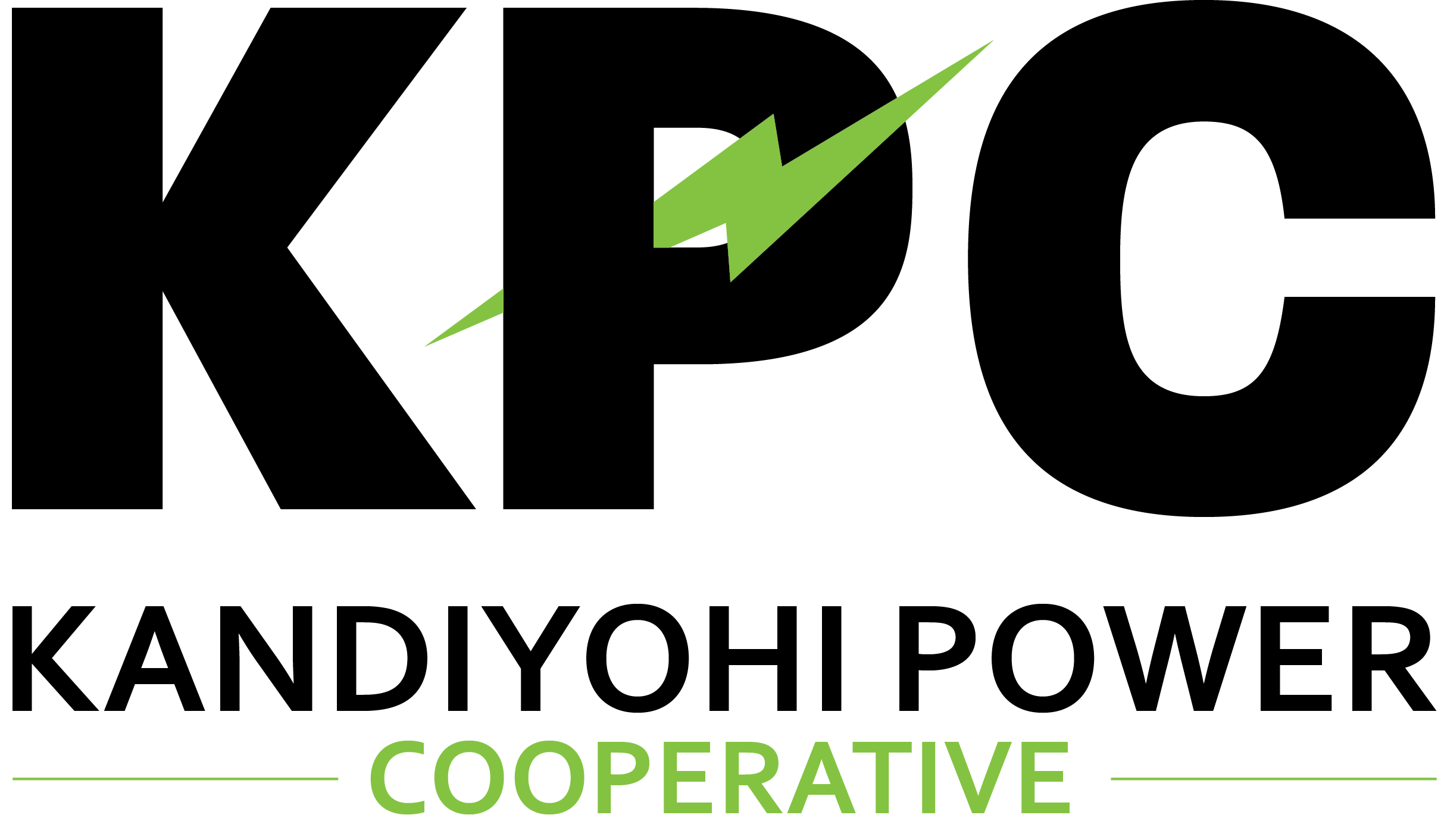INDUSTRY GENEROSITY IGNITES NEW ELECTRIC VEHICLE SERVICE COURSE AT RIDGEWATER
As demand grows for electric vehicles (EV) across Minnesota and the entire country, the importance of having a trained workforce of electric vehicle service technicians also increases. Thanks to an innovative partnership, Ridgewater College will be at the forefront of training the next generation of electric vehicle service technicians.
Kandiyohi Power Cooperative (KPC) and Great River Energy have joined efforts with Ridgewater’s Automotive Service Technology program to expand training to better service this expanding line of vehicles. According to Kelley Blue Book’s website, an estimated 1 million electric vehicles were sold in 2023, the most ever sold in a single year in the United States.
The industry donation of $85,408 includes $73,408 from KPC in unclaimed capital credits from over several decades, and a $12,000 contribution from Great River Energy. The combined support was instrumental in obtaining an EV training simulator and in the development of its software and a new automotive Ridgewater course.
KPC’s CEO, Ryan Nelson explained how the decision to donate was driven by the cooperative members. “We have heard different concerns from member-owners over the push to drive electric,” he said. “One of those concerns is about who is going to work on these cars for owners, which is a valid concern. Workforce development is a critical, but an often-overlooked piece to the electric vehicle transition. If the dollars we donate alleviate some of these concerns and help students in our community, I consider that a good investment.”
Ridgewater Automotive Service instructor Jon Friton agreed. “Our current curriculum includes some electric vehicle safety and system operation, but this industry donation will provide an electric vehicle simulator for students to troubleshoot hybrid and plug-in electric vehicles, as well as fuel cell vehicles.” Friton chose a simulator that can be adapted for nearly any model of EVs on the roads today. The donation will also provide instructor training, battery packs, controllers, and electric motors to be used in classes.
To maximize the focus on safely maintaining and repairing electric vehicles, Ridgewater has created a new, one-credit course that will begin this February. The course will run four afternoons in February and March. “This class will be voluntary and open to current and past students to dive deeper into the exciting and advanced world of electric vehicles,” Friton explained. So far, nearly half of the program’s current students are planning to take the training, but it is also open to Ridgewater alumni during this first semester.
Great River Energy, a not-for-profit wholesale electric power cooperative that provides electricity to approximately 1.7 million people through its 27 member-owner cooperatives and customers including Kandiyohi Power Cooperative, has a long history of helping its member-owners navigate the sometimes-murky waters of the EV adoption.
“We think it's important to support members and their communities when it comes to the ramifications of emerging technologies,” said Rodney De Fouw, Great River Energy Member Electrification Strategist. “Providing this donation is a way we can provide resources that will produce tangible results that will positively impact our member-owners and the communities they live and work in.”
“We hope this training simulator provides a cost-effective way for local students to work on all different types of electric drivetrains safely and effectively,” Nelson added. “We would love to see Ridgewater become one of Minnesota’s top schools for EV Maintenance and Repair.”
